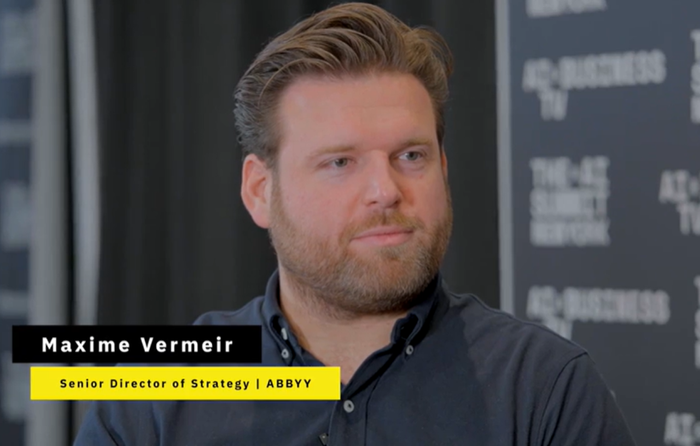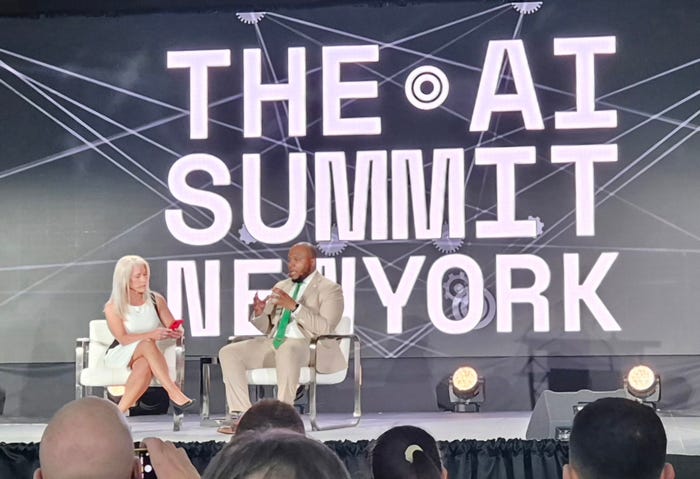U.S. House and Senate IoT Bills Would Coordinate Public-Private Approach
Legislators understand IoT issues better after attending informal working groups on the topic last year, a Congressman says.
January 26, 2017

By Nancy Crotti
Bipartisan bills aimed at helping Congress to plan for and encourage the growth of the Internet of Things have been reintroduced in the House and Senate, with the Senate version already sailing through a committee.
The Developing Innovation and Growing the Internet of Things (DIGIT) Act would convene a working group of federal entities and private-sector stakeholders to make recommendations to Congress on potential regulatory barriers, current, and future spectrum needs, and security concerns. It would also encourage information-sharing among government agencies.
The Senate Committee on Commerce, Science, and Transportation passed that chamber’s version of bill on Tuesday, just two weeks after its introduction by Senators Deb Fischer (R-NE), Cory Booker (D-NJ), Cory Gardner (R-CO), and Brian Schatz (D-HI). The House version was introduced on Tuesday. There was a working group in the Senate last Congress. It consisted of Senators Fischer, Booker, Schatz, and Ayotte. Nov 9, 2016 – Maggie Hassan, a Democrat, has unseated Senator Kelly Ayotte, a Republican in New Hampshire.
The legislation would involve the Federal Communications Commission, Department of Commerce, National Telecommunications and Information Administration, National Institute of Standards and Technology, the National Oceanic and Atmospheric Administration, the Federal Trade Commission, the National Science Foundation, the Department of Transportation, and the White House Office of Science and Technology Policy.
Industry representatives who participated in an unofficial House working group last year came from privacy, security, energy, and major technology companies, plus the auto and healthcare industries, according to a spokesperson for Rep. Peter Welch (D-VT), who cosponsored the bill with Rep. Erik Paulsen (R-MN). Because that group’s proceedings were off the record, she declined to name the companies.
“It’s very clear that the Internet of Things is huge and getting even bigger, and it’s connecting every element of our daily lives,” Welch said in an interview. “The point of the Internet of Things working group was essentially to be the opportunity for members of Congress to get educated from folks in the industry about what they're doing and what the potential is.”
The legislation would codify the public-private involvement made necessary by security, spectrum and bandwidth issues.
“There’s an interplay that’s essential to have the maximum utilization of the internet to help us create jobs and help us live better lives,” Welch concluded.
While security of IoT is a top national priority, it would probably not be one for the official working group, Welch said. It would be outside the group’s jurisdictions and is already receiving attention from many others inside and outside government, he added.
IoT security raised concerns last October, when a cyberattack knocked a big chunk of the internet offline. On Tuesday several media outlets reported that a distributed denial-of-service attack hampered access to Lloyds Banking Group’s online banking services for about two days earlier this month, according to a report by Bank Info Security.
“DDoS attacks and the threat of a DDoS attack have become an effective way to extort money from companies, cause harm to their brand or as a revenge technique,” says Michael Patterson, CEO of Plixer International. “It is estimated that one DDoS attack could cost a company more than $1.6 million dollars. According to an Arbor Networks Report, 53% of service providers indicated they are seeing more than 21 attacks per month – up from 44% last year.” The Arbor Networks report suggests that DDoS attack size has grown 1233% in the past five years, with a CAGR of 68%.”
The uptick in IoT-related security problems may influence the legislation. Although this year’s bills are nearly identical to the ones introduced last year in both houses, Welch believes that House members who participated in the unofficial working group now understand the issues better.
“We would be getting some of the central actors together and having discussions about what we can do, how each of those agencies can play a role, and probably narrow things down,” Welch said. “It’s creating some mutual trust between the private had the public sector. I think this would enhance that, and if there needs to be a regulatory or a legislative approach, you have people in the room who are in the position to take the follow up steps that are required.”
“The Internet of Things holds tremendous potential to not only improve everyday lives, but also solve the most difficult problems we face,” Paulsen added in an email. “Technology is rapidly developing and this bipartisan initiative takes a proactive approach to addressing potential roadblocks to breakthroughs that will pave the way for countless technological advances.”
You May Also Like






